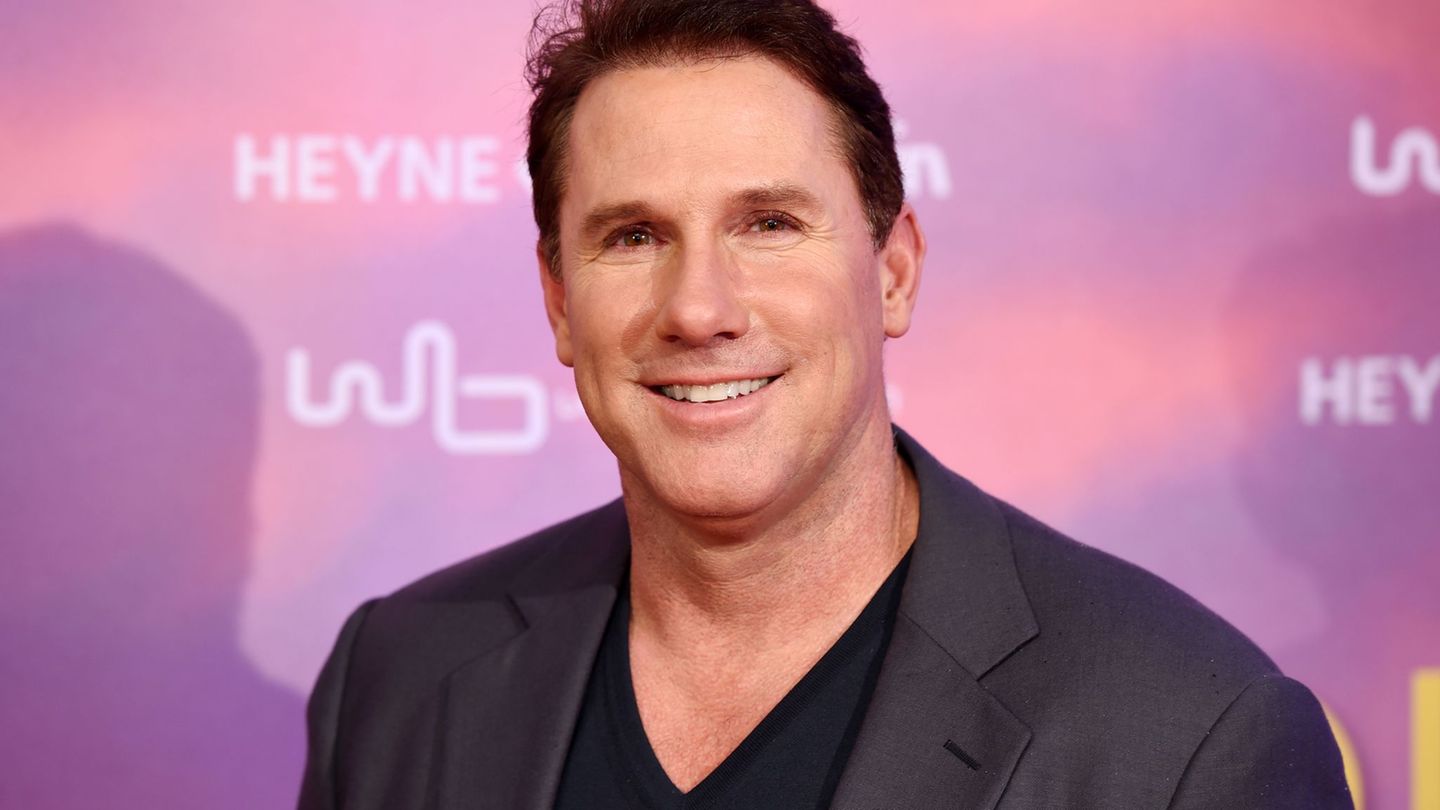Debt brake, climate protection, child benefit – the leaders of the SPD, FDP and Greens agreed early this morning on a budget for the coming year. The most important key points.
It was once again a marathon negotiation. But early in the morning, Chancellor Olaf Scholz (SPD), Finance Minister Christian Lindner (FDP) and Economics Minister Robert Habeck (Greens) achieved a breakthrough. After difficult talks, there is now a basic agreement on the federal budget for 2025. The federal government is also planning a growth package. The cabinet is to approve the draft budget in mid-July – then the many details on the individual departments will also be available. The first discussion in the Bundestag is planned for mid-September, and the budget is then to be approved in November or December. There are likely to be difficult negotiations. The first details.
The budget
According to information from the “Handelsblatt”, total expenditure in the 2025 budget is expected to be 470 billion euros. This would mean that the government would make savings compared to the current year. This year, expenditure of 476.8 billion euros is planned. In addition, the traffic light coalition is planning a supplementary budget of 11 billion euros for this year.
The debt brake
The debt brake anchored in the constitution must be adhered to. It allows new debts to a limited extent. This is a point win for the FDP. It has fended off all demands, especially from the SPD, to make an exception to the debt brake because of the financial burdens caused by the war in Ukraine.
armed forces
Significantly less additional money is to be made available for the Bundeswehr than demanded by Defense Minister Boris Pistorius (SPD). According to the agreement reached by the traffic light coalition leaders, the defense budget is to increase from the current level of around 52 billion euros by around 1.2 billion euros, according to coalition sources. Pistorius had demanded significantly more money. The Green Party’s co-leader Katharina Dröge criticized the fact that the budget does not do justice to the situation in the country, particularly in the areas of internal and external security and humanitarian aid.
Pension reform
The coalition has agreed on “a clear timetable” for the planned pension reform, said SPD parliamentary group leader Rolf Mützenich. Financial backing is in place for the second pension package to be discussed in the Bundestag in the second half of the year and for the Bundesrat to make the final decision this year. For future pensioners, the pension level is to be secured in relation to wage developments. At the same time, increases in contributions are to be cushioned by returns from a new capital stock on the stock market.
Climate and housing
The so-called climate and transformation fund appears to be secure, Mützenich continued. Security is being created, especially for employees and their families. “At the same time, we also heard from the Chancellor that housing benefit is secure.” There should also be a ban on converting rental apartments into owner-occupied properties.
Child benefit and daycare
Child benefit is to be increased by five euros, as is the immediate child supplement for needy families in the citizen’s allowance. This amount is to rise from the current 20 euros to 25 euros and will expire with the introduction of basic child benefit, according to a paper available to the dpa. According to the agreement, child benefit, which all parents in Germany receive per child, will then rise to 255 euros per month.
There are also changes to the child allowance. As the paper further states, this is to be increased by 228 euros to 9,540 euros this year. Next year it will be increased by another 60 euros to 9,600 euros. The allowance is deducted from taxable income and therefore reduces tax for families.
In addition, the federal government is planning to invest two billion euros each in daycare quality in 2025 and 2026. The funds for voluntary services are to remain at the level requested by the providers up to the end of 2023.
Relief for companies
Chancellor Olaf Scholz has announced billions in relief for companies in Germany. The SPD politician said in Berlin that depreciation conditions should be improved. Investments should be able to be claimed for tax purposes more quickly. In addition, the research allowance should be expanded. Low-interest loans are also planned through the state development bank KfW in order to better promote the economy. In addition, tax allowances are to be increased and the income tax rate adjusted to inflation, government sources said.
Legislation à la traffic light
The rules are clear. But why make it easy when you can make it difficult?
Relief for employees
Incentives for more employment – that is the aim of the traffic light coalition in view of the growing shortage of skilled workers. More employment also means that the burden on social security funds is reduced. Many people will be interested in the fact that tax exemption for overtime is to be introduced. However, details are still open.
In addition, employer contributions to pension and unemployment insurance are to be paid directly as wages to employees who are already receiving a pension. This is intended to provide an incentive for pensioners to work longer voluntarily.
According to a paper, “start-up funding” is to be introduced into the citizen’s allowance. If long-term unemployed people get a job and leave the citizen’s allowance, they should now keep significantly more of their earnings in the first year without this being counted towards housing benefit, for example.
Reducing bureaucracy
A bureaucracy reduction law is to be planned every year. Mandatory practice checks are to be introduced in all ministries. It was also said that data protection should be “streamlined” in order to relieve the burden on small companies in particular. The EU supply chain directive should be quickly implemented into national law. There should be special depreciation for electric cars used for commercial purposes.
Note: This article has been updated several times.
Source: Stern
I have been working in the news industry for over 6 years, first as a reporter and now as an editor. I have covered politics extensively, and my work has appeared in major newspapers and online news outlets around the world. In addition to my writing, I also contribute regularly to 24 Hours World.




